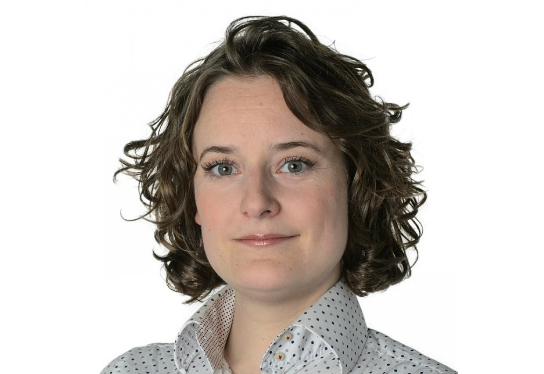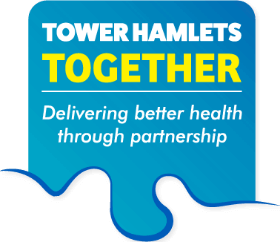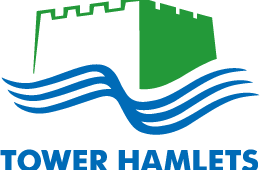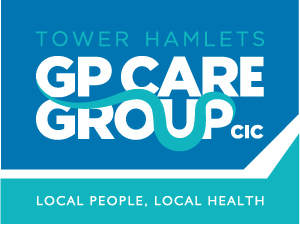Amy's Monthly Briefing - August 2020
The borough’s vision of a seamless health and care experience for its citizens.

This month, the THT Board focused on mental health community transformation, next steps for shielding and the borough plan
I hope everyone is keeping safe and well, especially in the current heatwave! My little boys and I are mainly to be found in the paddling pool when not on Teams calls…This month, the THT Board focused on mental health community transformation, next steps for shielding and the borough plan. We welcomed James Thomas, the council's new Corporate Director of Children and Culture, to the Board – who has taken over from Debbie Jones in chairing Born Well, Growing Well.
First up, we were delighted to have our user voice slot back on the agenda, hearing from ELFT staff member, Toby, and service user, Jane, who were involved in their Attend Anywhere pilot of video consultations. It was great to hear about how pre-pilot testing with users shaped the rollout, with promising feedback about ease of access online and how it removes the stress of having to travel to appointments. Challenges were flagged, including access to technology and connection problems. We discussed the need for a hybrid model, giving people options for face to face and helping people establish relationships with new clinicians before a full consultation. Jane emphasised the positives of video consultations over phone calls: “it was almost like being in the room”.
Julia Slay, THT Engagement Lead, updated on the digital inclusion project agreed at the last Board, which now has an identified budget to facilitate payments to providers and patients who participate. The kick off meeting had over 50 people attend with more keen to take part. The plan is to co-develop small ideas to tackle barriers using digital health and care services, to test at a micro level.
Next, we heard from ELFT about progress made in delivering the £7m Community Mental Health Transformation Programme in East London. This is rooted in a population health approach to serious mental illness, delivered via primary care networks, with a vision to support more patients closer to home, reducing stigma and fragmentation of services. Core to the programme is creating blended teams of voluntary sector, mental health and primary care staff that wraparound primary care networks and locality structures. We discussed the challenges ELFT has faced so far in encouraging grassroots voluntary sector organisations to apply for the new Community Connector roles, which would provide a conduit to wider social support. This is pivotal to tackling health inequalities and could channel much needed direct funding to local charity partners. The CVS, Council and GP Care Group offered practical advice and support to drive up interest, not least that many local organisations don't see themselves as "health" providers, so the way these opportunities are framed is crucial, and tiny organisations at neighbourhood level need support to apply for even very stripped-back application processes.
We had a presentation on the local shielding programme, described as "THT in action" by one Board member. Close Partnership working ensured the 9,100 people assessed as medically extremely vulnerable in the borough were identified, informed and referred to national and local support so they could shield safely. Now that shielding has been paused nationally, we considered proposals for a dedicated resource to continue local support for both adults and children in this cohort. Main goals are to: maintain the shielding list so people can be contacted and supported if guidance changes; support those who have been shielding where physical and mental health needs, social care and finance issues may have developed or worsened during shielding; rapidly remobilise a shielding support programme if guidance changes locally or nationally. The Board was very positive about the local successes and proposals, but highlighted current fear and confusion among residents and staff who have been shielding, due to unclear national guidance and ongoing worries about infection levels. Simple communication, stronger feedback loops with those affected to rapidly resolve concerns, and flexing local arrangements to add other vulnerable people to our shielding list, such as those from BAME communities with particular conditions, are all needed.
Finally, we reviewed the borough plan and 12-week plans bringing together existing THT priorities (reset just before lockdown) with new areas of focus arising from Covid-19 directly and indirectly. High level principles and priorities were agreed, with the lifecourse workstreams to take forward more work on the detail. Future meetings will include deep dives on these priorities, ensuring rapid movement from planning to delivery, given the ongoing challenges ahead and the strong platform of partnership to build on. Watch this space for more updates and thanks to all partners, especially frontline teams, for the outstanding work you are continuing to do through the pandemic.








